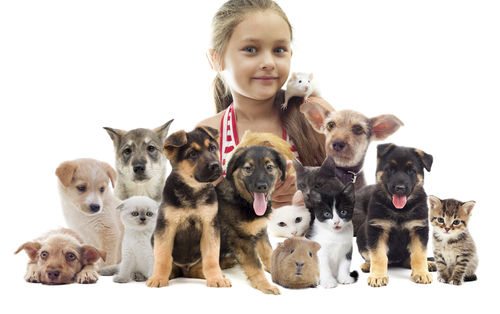Protect and improve your mental health by correcting several common mistakes. I have been seeing clients in therapy for 25 years now. Each person you meet in therapy is, of course, a world unto his or her own. Yet over time, certain patterns emerge, common hazards and blind spots in myriad paths taken. What follows is a list of common mental health ‘blunders’ that, in my experience, often work to undermine psychological wellbeing.
1. Mistaking thoughts for facts
“If you dream of a muffin” goes the saying, “you have a dream, not a muffin.” Yet we often forget this, and we confuse what we think with what is actually ‘there.’ Thoughts are mental events, not world events. Our thoughts about the world often contain scenarios absent from—or even impossible in—the world itself. Thus, while we may appreciate, or at times dread, the seductive lure of our thoughts, we are still well advised to maintain a posture of skepticism about them, seek evidence of their veracity and usefulness, and only heed the ones for which such evidence exists.
To read more from Noam Shpancer Ph.D., click here.


